
We all know that it’s easy to lose fat for a few weeks but then you get an intolerable craving to binge on your favorite foods… and then you lose weeks of progress.
A few months later you start a new diet and the exact same thing happens.
You stick to the diet for 2 or 3 weeks but then you binge again and lose all your progress.
So the question is: Why do you get those intolerable cravings that make you binge on all the food you know is bad for you?
You get cravings to binge on crappy food because you’re following an unhealthy fitness regimen that is deficient in Calories, vitamins, minerals or sleep quantity and quality.
When your body is deficient in something for a long time, you will start feeling low on energy and like “something is missing”.
As days go by, you will get intolerable cravings for foods that have a high Caloric density and provide your body with a lot of quickly absorbed energy.
I’m talking about quick foods such as pizza, peanut butter, nutella and burgers.
For a few days you can willpower your way through this and stop giving in to your cravings.
The problem here is that willpower is limited so it’s only a matter of time before you give in to the cravings and go on an all-out binge… and ruin your hard-earned progress.
The key here is to prevent binges in the first place and I can help you with that.
In this article, I will teach you how to prevent those binges by making simple adjustments to your diet and sleep regimen.
And at the end I will provide you with my comprehensive check-list to prevent binges in the future!
Let’s get started:
Vitamin and Mineral Deficiencies Lead to Binge Eating
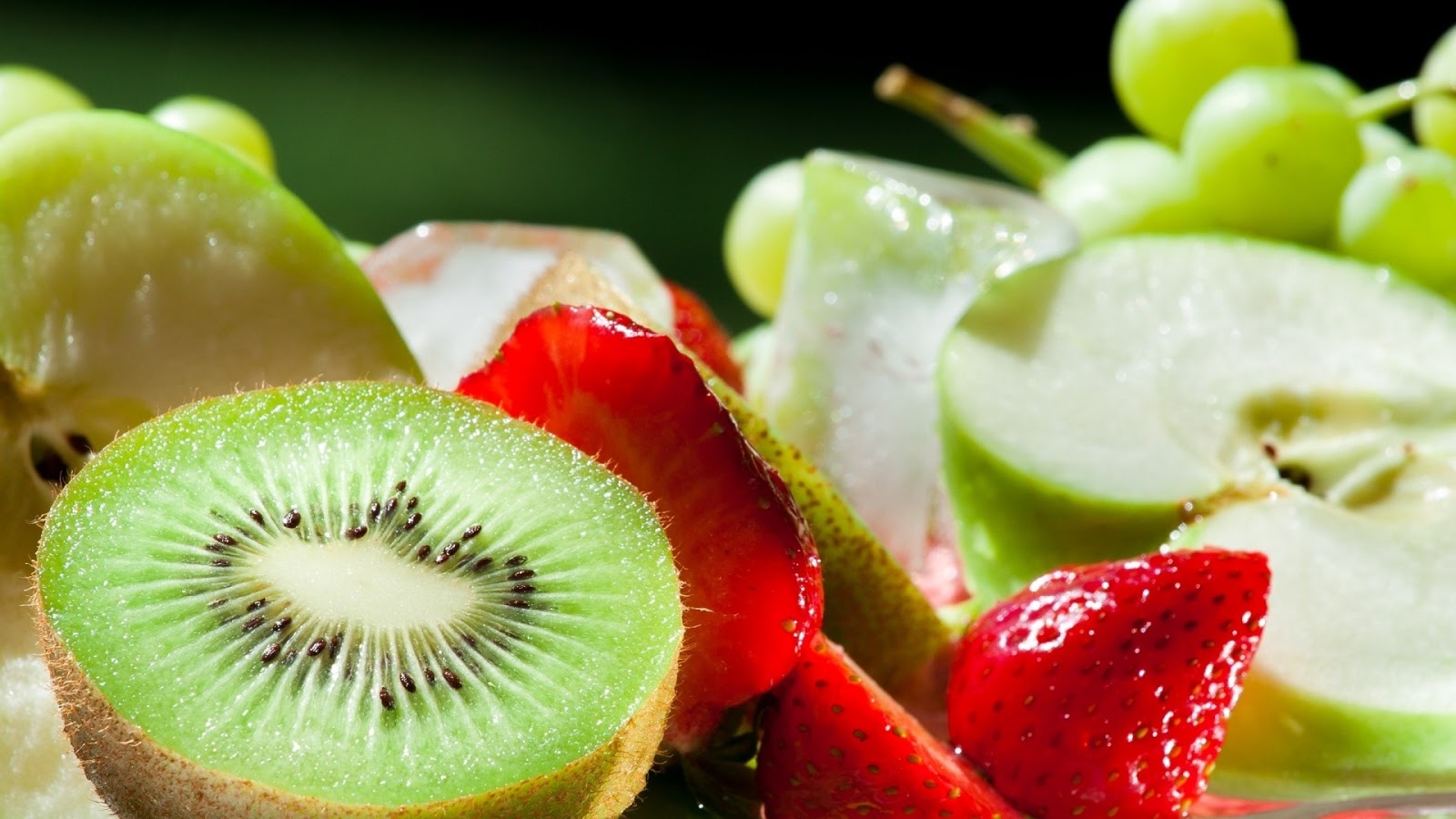
The biggest mistake fitness people make is to get the majority of vitamins and minerals from a multivitamin supplement.
This is a big mistake because your body only absorbs a small amount of that multivitamin so it’s essentially useless.
You need to get your vitamins and minerals from REAL fruits and vegetables – not from a pill!
The average adult needs 10-12 servings of fruits and vegetables per day to achieve peak performance and that’s A LOT.
We’re talking about 70-84 servings per week and most people never get close to that number.
Notice that I emphasised average.
You are hopefully training and dieting to reach your body-composition goals so your needs are even higher than that.
When your body is deficient in vitamins and minerals, it will crave foods that have a high Caloric density and provide your body with a lot of quickly absorbed energy.
This means that you can prevent most binges simply by eating your fruits and vegetables.
One of the main reasons to why most fitness diets lead to a low fruit and vegetable intake is because the amount of protein in them is so high.
When you eat a big portion of meat, fish or eggs with each meals, you leave little room in your stomach to add the fruits and veggies you need.
There’s only so much food you can stomach in one meal.
The result is that most of us buy a multivitamin supplement thinking that a pill a day can replace all the fruits and veggies your body needs.
But as I mentioned earlier, that doesn’t work because such a small amount of that multivitamin is absorbed.
This means that those of you on a high protein diet should consider ditching the protein shakes and multivitamin pills and reduce your meat intake to make more room for fruits and veggies.
In addition to helping you prevent binges, reducing protein will also help you feel a lot better.
Most protein rich foods are heavy and hard on the digestion so when you reduce protein intake you will feel light, satiated and energised rather than heavy and bloated.
In the next section, I will give you a good starting point for protein intake to ensure you don’t go to the other extreme and start following a low protein diet.
Optimal Protein Intake To Leave Enough Room For The Protein-Sparing Nutrients
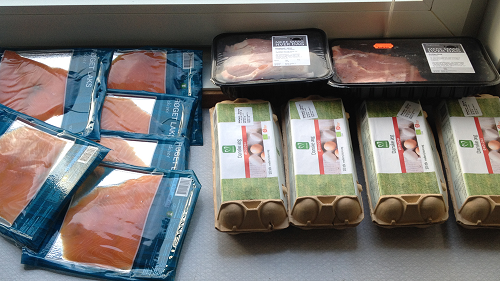
A good starting point for protein intake is 70-130 grams of protein per day depending on how big you are.
Bigger and more muscular individuals will be in the higher end of that range while smaller guys will be in the lower end.
I personally do well with 100-130 grams of protein per day and have used this amount to gain roughly 40-50 pounds of muscle mass:
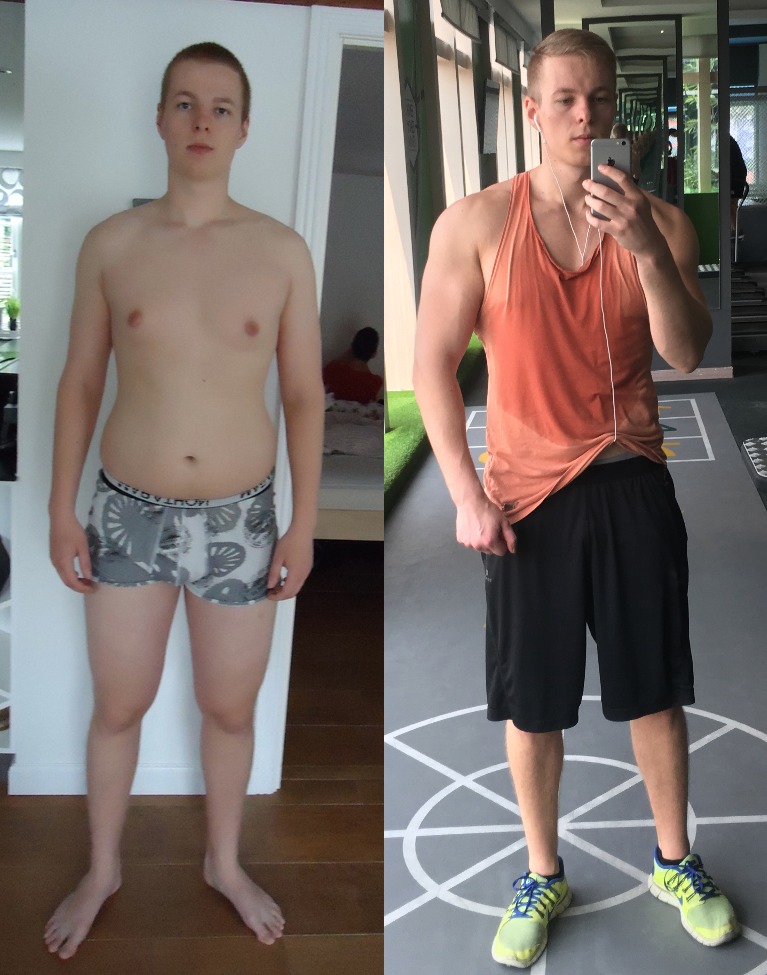
At a bodyweight of 200 pounds, that means I’m eating around 0.5-0.65 grams of protein per pound of bodyweight (about half of the recommended 1 gram of protein per pound of bodyweight).
I’ve also used similar protein recommendations for my personal coaching clients who are gaining muscle mass just fine and more importantly: feeling much better.
Eating 1 gram of protein per pound of bodyweight is a marketing lie spread by the supplement industry.
The supplement industry is a multi-billion dollar industry and their top selling supplement is whey protein powder.
They have an incentive to convince you that you need a lot of protein because when you think you need a lot of protein you will first try to cover the needs through diet… Only to find out that it’s very hard to eat all the meat and fish required to meet your protein requirements.
This results in you looking into protein supplements and then you keep buying those monthly out of habit.
If you want to transform your body, you need real food and a diet that is full of real nutrition. Not some junk multivitamin pill or whey protein powder that is a by-product of cheese.
These will do absolutely nothing for you.
Your body runs on the protein-sparing nutrients which are carbs and fats with carbs being the preferred choice of fuel.
This means that in order to maintain high energy levels and peak performance you want to use the least amount of protein you can – while still supporting muscle repair and gains.
By doing so, you leave more room for the protein-sparing nutrients.
In addition to protein, another myth spread in the bodybuilding industry is about sugar in fruit making you fat.
I will deal with that in the next section.
Why Sugar In Fruit Helps You Prevent Binges

In the bodybuilding industry, sugar in fruit is often compared to snacks with refined sugar.
Fruits have fiber and vitamins while snacks high in refined sugar don’t have any nutrition.
Try eating 3 oranges after a meal and you will feel a steady increase in energy without the crash.
Now try eating a pack of gummy bears or some other refined sugar junk and you will feel a spike in blood sugar followed by a crash.
From a hormone and fat-storing perspective the two scenarios above show us that sugar from fruit is not and absorbed and digested the same way as refined sugar from gummy bears or milk chocolate.
Sugar from fruit gives you consistent energy levels and keeps your blood sugar within healthy ranges while the refined sugar spikes your blood sugar so much that you have inconsistent energy levels and start storing body-fat.
This means you can add a few pieces of fruit at the end of most meals to satisfy your sugar cravings and prevent sugar cravings later in the day.
If you struggle eating a lot of fruits and vegetables, the best thing you can do is to google for the benefits of the various fruits and vegetables.
When you read the benefits each of them gives to your skin, training performance and overall well-being, you will be motivated to eat more fruits and vegetables – even if you don’t like them at first.
I’ll give you an example below using pineapple:
Pineapple contains bromelain which helps you digest protein therefore you will be better able to absorb the protein you eat and use it for muscle building.
In addition, it helps with in-digestion issues such as constipation and contains potassium which makes you look more vascular.
Another example is spinach:
I used to hate spinach but then a model friend of mine told me that many people used it to clear up their skin from acne.
I immediately started eating a bowl a day and all my facial acne disappeared in 3 days.
In contrast, when I used the strongest acne medications on the market such as Accutane I had slower and worse results with a ton of dangerous side-effects.
So how does this relate to binges?
Food binges are a sign that your body is deficient in something and the same goes for indigestion issues such as constipation, bloating and gassiness and skin issues such as acne.
Many of these issues can be cured naturally because food is truly medicine.
So start researching how you can use diet to help you overcome issues YOU have and then you will find that as you work through these issues, your binges 2-3 weeks into a diet will go away.
Use Small Portion Sizes to Keep Blood Sugar Stable and Speed Up Metabolism
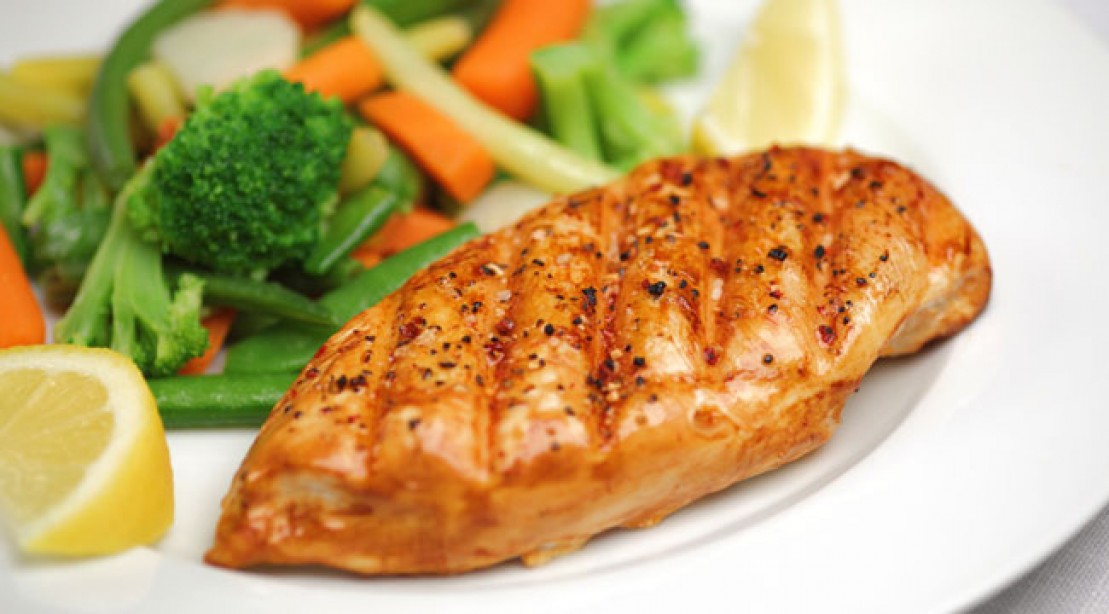
One of the big problems I see with popular diet strategies today is related to portion sizes.
People buy into Intermittent Fasting regimens because they’re an easy way to get started and take less effort.
You only have to eat 2 or 3 times per day and you can eat bigger portions as long as your daily macros are dialled in.
The issue with Intermittent Fasting is that it assumes your body works like a 24-hour clock.
That’s not the case.
Your body can work on a meal-to-meal basis.
When you have a lot of existing fat cells, you can fill up those fat cells and gain body-fat within ONE meal if that meal has too much food.
This means that eating a few big meals each day only works for a small minority of the population.
These are most often also the people who:
- Are resilient to drops in blood sugar when going without food for a long time.
- Absorb protein very well and can utilise more protein for muscle building.
- Have great digestions and rarely have issues with constipation or bloating.
Most skinny-fat guys don’t have any of these advantages.
We don’t partition protein well, our blood sugar drops very easily and we get bloated and gassy easily when eating big meals.
With intermittent fasting you go for many hours without food so your blood sugar drops, then you fill up the body with a huge meal.
We want to do the opposite: Keep blood sugar stable by eating smaller portions every 3-4 hours.
By doing so, you will prevent binges later in the day because many binges are a result of having low blood sugar.
You will also speed up your metabolism and be able to gain muscle mass even if you’re in a Caloric deficit.
Here’s an example of my personal coaching client Francis who used smaller but more frequent meals to make amazing progress in just 10 weeks, while training just 30 minutes a day from home:
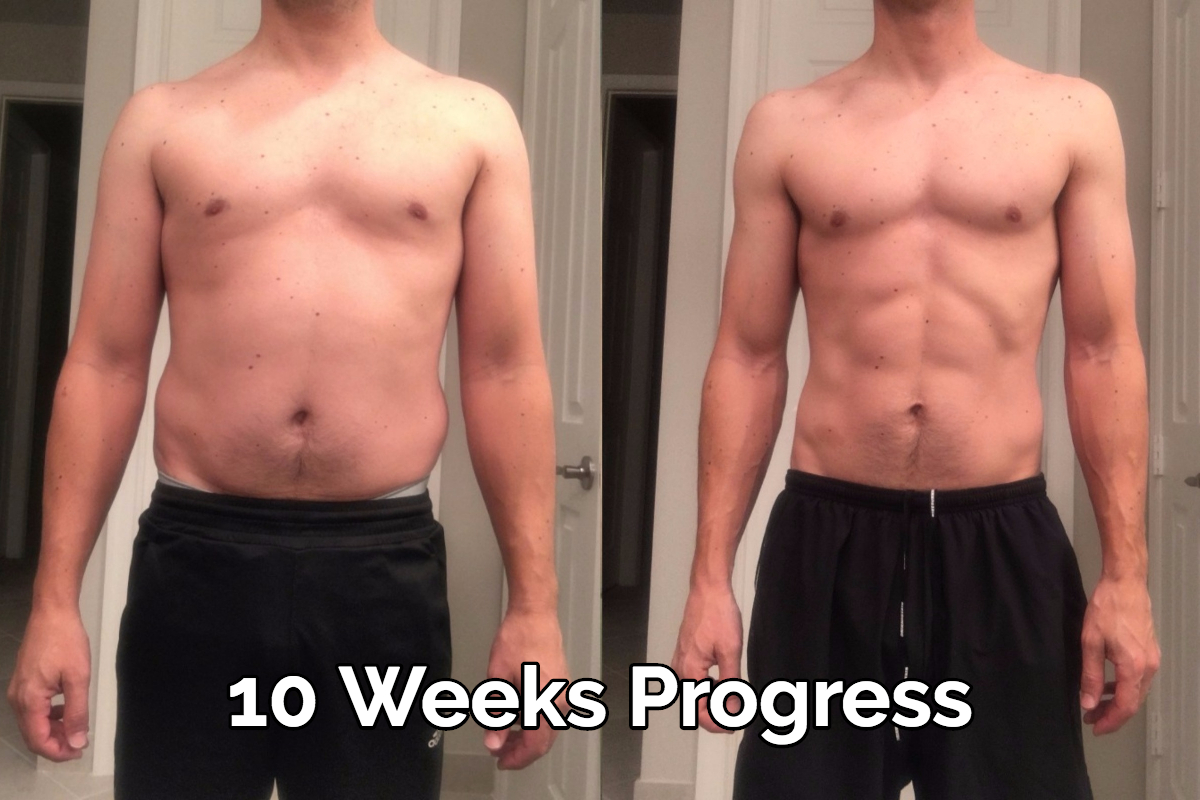
As mentioned in my earlier blog post Increasing Calories Can Help You Lose Fat – If Your Metabolism Is Slow we increased his Calories and split them into smaller portions.
By doing so his metabolism increased so he was able to eat more while losing body-fat and he gained some muscle mass in the process.
Sleep, Leptin and Binge Eating Prevention

Sleep is equally important to diet because it regulates your hormone leptin.
Leptin is known as the hormone of satiety because it sends the signal to your brain that you’re satiated and that you don’t need to eat.
When you have low leptin levels, you need more food to feel satiated.
When you have high leptin levels, you need less food to feel satiated.
The issue with leptin is that when you go on a fat loss diet and you start losing weight, your body will reduce leptin… and thereby you will need to eat more food to feel satiated.
This is the main reason to why most of us can diet for 2 or 3 weeks but then the cravings get to an intolerable level and then we binge.
One thing you can do to counter-act the reduction in leptin is to improve the quality and quantity of your sleep.
When you sleep as much as you need, your body regulates leptin and thereby you will need less food to feel satiated?
As a result, working on your sleep is one of the easiest way to ensure that you can stick to your diet long-term and stay lean.
In addition to regulating leptin, good sleep also increases your natural testosterone production so you can build more muscle mass, train more often and get stronger.
So when you are prone to going on a binge after 2-3 weeks on a diet, one of the first things you should look into is your sleep:
- Are you getting 8-10 hours of sleep daily?
- Are you going to bed at regular times?
- Are you waking up refreshed without needing an alarm clock?
Remember, when you train regularly, your needs for sleep increase and it’s only a small minority of the population who have the genetics to get away with 4-6 hours of sleep.
And if you can’t get in your sleep because you work long hours or have too many commitments you need to know that you are making this choice at the expense of your health and body-composition goals.
The Binge-Eating Prevention Check-List
The difficult part isn’t losing the weight – it’s keeping it off for years to come.
9/10 people who lose weight regain all of it within 5 years.
My binge-eating prevention check-list will help you avoid becoming part of that statistic by helping you lose fat and keep it off for years and decades to come.
I will split my binge-eating prevention check-list into two sections.
One is how you should feel when your diet and sleep are dialled in and the other is the practical elements that make up the basics of a good diet and sleep regiment.
How you should feel:
- You wake up energised without an alarm clock.
- You feel satiated but not full after eating meals.
- You have little or no gassiness and bloating after eating meals.
- You are able to eat relatively large amounts food without gaining body-fat on a daily basis.
- You have regular bowel movements and find it easy to get business done at the toilet.
- Your skin looks good and you have good blood flow and body-temperature.
- You maintain high and steady energy levels throughout the day.
- You have times of the day where you have a slight level of tolerable hunger but you never feel intolerable levels of hunger. Tolerable hunger is good for fat loss. Intolerable hunger sets you up for binges.
The practical elements behind your diet and sleep:
- Do you eat enough Calories daily? On a fat loss diet aim for a Caloric deficit of maximum 300-500 Calories.
- Are you drinking enough water? Aim for 3-4 L of water everyday.
- Do you maintain stable blood sugar throughout the day? Aim for eating small portions every 3-4 hours?
- Are your meals balanced? Aim for at least 2/3 of your plate consisting of starches, fruits and vegetables, with just 1/3 being protein+fat.
- Do you eat enough fruits and vegetables weekly? Aim for 70-84 servings of fruits and vegetables per week.
- Are you getting 8-10 hours of sleep daily?
- Are you going to bed at regular times?
- Are you waking up refreshed without needing an alarm clock?
I recommend you print these out and review them daily before going to bed when on a fat loss diet.
By doing so, you will find that it’s much easier to lose body-fat and more importantly: To stay lean.
Be proud but stay hungry!
Oskar Faarkrog
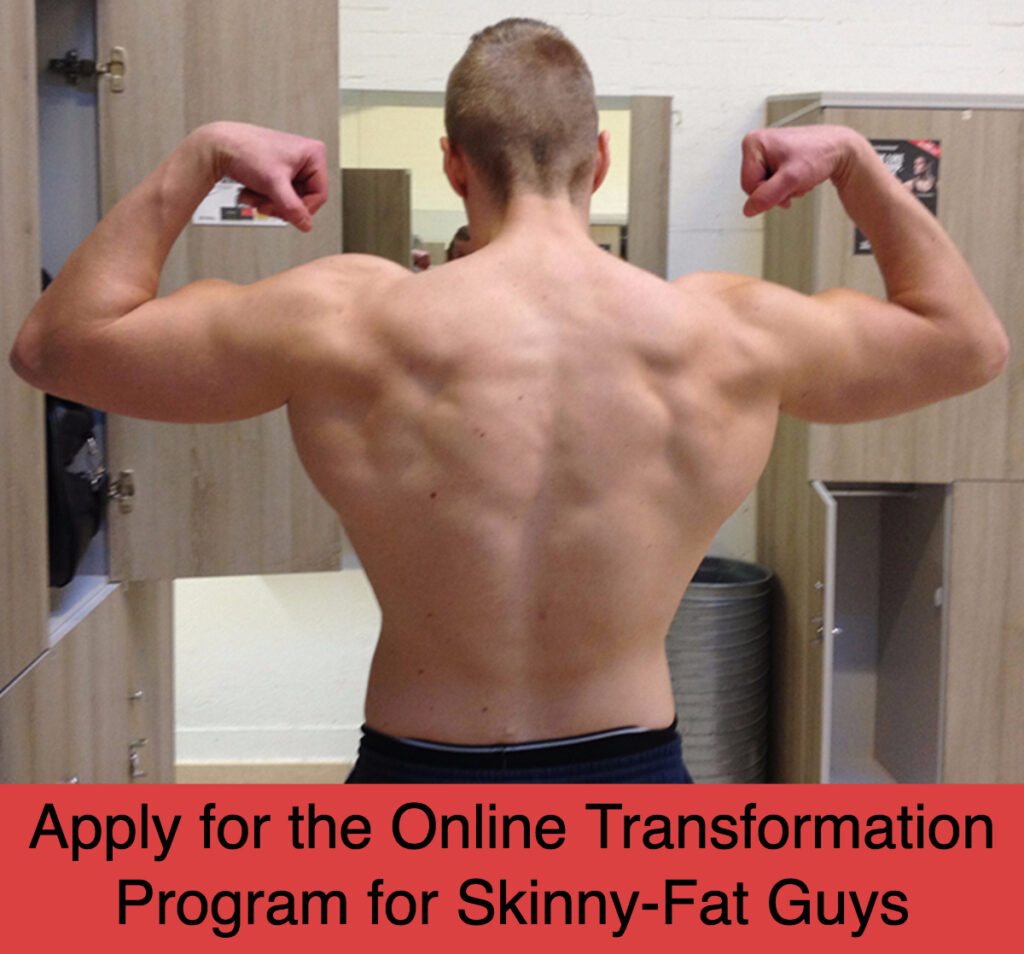
 Increasing Calories Can Help You Lose Fat – If Your Metabolism Is Slow
Increasing Calories Can Help You Lose Fat – If Your Metabolism Is Slow
I think fapping has ruined my free T levels, im really skinny, visible abs but low t fat distribution.
my T is high, reading the analysis. was eating only meat+low carb and got me nowhere.
I’m starting to gave up or wait till my libido comes back, idk. toy has solid rock erections and all, so
its prolly the brain. once im healed i’ll go keto, do you recommend it?
all the best.
Hey I do not recommend KETO for the vast majority of skinny-fat guys. I recommend the diet strategy in this article.
You’re awesome, man. Thank you for spreading your knowledge.
Hi Oscar my case is complicated i have a really good looking red and white face and mostly people often compliment me for that but i am having other skin problems like acne and not clean skin like that also i am not that much skinny fat guy but i do carry puffy nipples can you help me in this regard should i follow your advice from your articles or consider my self a different body type as i have upper abs well built shoulders and built back
Hi Oscar, before I make you this proposal I would like to tell you a bit about my goals and the story behind them.
I am 21 years old, currently studying at uni in the UK. I am an international student and therefore it’s been extremely hard for me to fit in, if not impossible, but after all this time as a first year student, living almost in total isolation, I realised many things about myself. I know I have to make this change and I will get started as soon as I can, after three years trying (I am a skinny-fat myself) I lost motivation far too easily and it was really hard for me to make any progress, I tried and failed several times, the amount of resources available as well as the wide variety of products out there made everything seem so complex. I also felt constantly as if I was being constantly scammed I also bought whey protein, only once and I think it was a total scam anyways. I also tried calisthenics again with no result, I did not like the atmosphere and the gym was very overpriced, just did not have the money to afford it. I am about to take a job that will allow me to save enough money to afford the one year physique transformation program. It is going to be tough but definitely worth it.
I’ve seen they are all sold out! Will there be a place from next september on?
Thank you for your comment Antonio. If you save up money until September I will do my best to let you join because committing to save money for that long means you really want to make a change.
Dear oscar,
How do you increase calories intake like u did to francis when you said that we must increase vegetables, fruits, and starch intake since vegetables and fruits have low calorie while at the same time we must eat small portion every 3-4 hours?
Hey Haziq, the amount you increase Calories with to raise metabolism depends on so many factors and requires a thorough assessment. A good place to start is to calculate your estimated daily caloric expenditure and then structure your diet to eat that amount of Calories.
Thanks.man. I discovered you about a year and a half ago & I’ve been following your advice ever since. For a while I was beginning to look like Bruce Lee, but then I got lazy and began to loose most of my results. I began to eat junk food daily and I trained very little or not at all. This time I’m in it not just to look good, but to feel great as well. I’m 21 and I’ve been working out for 9 years. Your program gave me the best results out of anything I’ve ever done. I may never look like the Hulk, but that doesn’t mean I have to look like pudding on the floor.
I can definitely relate to the sugar spikes and crashes. If I eat one or two giant meals I begin to feel like crap. Small meals spread throughout the day sounds so much more better for my tiny stomach.
Also, not too long ago I was on Accutane, but the side effects were horrible so I stopped after 3 weeks. I will give the bowl of spinach a try. That along with the skinny fat diet should help out my acne. Stay safe my friend.
How did the spinach work for you Eduardo?
Awesome, thanks.
You’re welcome
Amazing stuff Oskaar thank you
I can definitely attest to high protein infrequent meals bloating out my stomach excessively. Even when empty it juts out way too much. Is there anythingw else I can do to tighten that out besides just reducing my weight?
I also recently went on holiday and start sleeping a little more and it’s extraordinary the effect that had on hunger. I think people just get addicted to the Internet or whatever and so think sleeping little is cool or they’re missing out or whatever.
Definitely finding benefits.
I still do a intermittent fast once a week but I will try on other days to balance out my meals and make them smaller. The problem I find is that if I graze with small meals I might over eat by mentally assuming the food “doesn’t count” and still having a big meal around those meals. Have your clients had this similar problem and if there was one tip that would help people overcome this, what would that be?
Thanks again, and here’s to your continued success. I remember when your blog started up way back when and it’s grown so much into a full flung health and coaching business. Really so impressed with your hard work man.
Best
I’m glad you like the post :) to answer your question: I didn’t have clients have that issue yet but I can tell you that I had it myself.
The best thing I did was to basically tell myself that even though I’m quite big I don’t need massive amounts of food to train hard and maintain muscle. Small frequent portions is all that’s needed.
Very Very Very amazing!
Glad you like it :)
Great point about intermittent fasting. I have tried this before and saw some results to begin with, but it is not an ideal long-term strategy. Most know that Hugh Jackman made it well known as utilizing the method for his Wolverine prep, but it was not something he kept up outside of filming the movies.
I would advocate the use of a cheat meal in all of this, for want of a better term. Mentally, it is a nice release to have that unhealthier option. It also allows for a reward at the end of eac 6-7 day period, making maintaining a healthy diet and witholding from binges that more manageable. I found, within 3-4 weeks, the desire to eat a burger/pizza/chocolate started to subside and eating said foods actually gave me heart burn, further disassociating them with a positive feeling.
Thank you for your comment Dave. I recommend a weekly cheat meal too but only about 2 weeks into the diet since it takes time before the fat loss process kicks in